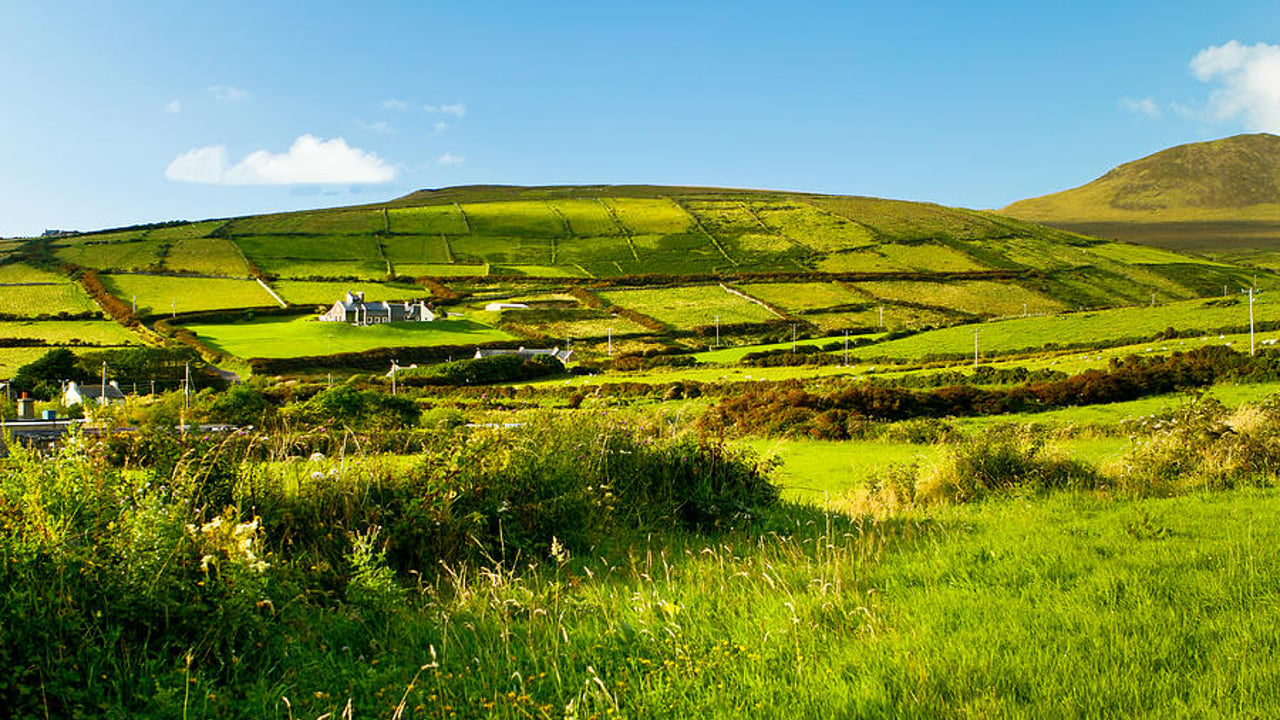Agricultural impacts and edible packaging - a taste of €10.5m EPA research
Agricultural impacts on the environment, reducing plastic waste, the circular economy and edible packaging are just some of the topics that will be explored under a new €10.5 million research programme by the Environmental Protection Agency (EPA).
The EPA is calling for proposals under 46 topics, as part of a new 10-year framework of research from 2021-2030.
This research call is co-funded by a number of stakeholders, including the Department of Agriculture, Food and the Marine (DAFM), the Department of Transport (DoT), Geological Survey Ireland (GSI), and the Office of the Planning Regulator.
14 of the 46 research topics are co-funded by the DAFM, with one of these jointly funded by the DoT, and close to €4.5 million will go towards DAFM-related projects.
This research aims to address climate change and other emerging environmental issues, across four themes:
- Addressing climate change evidence needs;
- Facilitating a green and circular economy;
- Delivering a healthy environment;
- Protecting and restoring our natural environment.
Dr. Alice Wemaere, EPA research manager explained each theme to Agriland in a little more detail:
"Under the first theme, climate change, we have 13 topics, that mostly focus on climate policy and implementation of measures to achieve climate mitigation and pathways to climate neutrality.
"On the second, facilitating a green and circular economy, there are 16 topics with quite a bit of research looking at end-of-waste mechanism, recovered waste, circular businesses; packaging and natural branding; food waste, and a few topics in support of bioeconomy and trying to develop the 'biocities' concept for Ireland.
"We have 11 topics under the healthy environment theme, which is really looking at the impact of the environment on our wellbeing and health - the positive and negative impacts. The topics are quite varied and include water quality and air quality."
The remaining six topics are concerned with protecting and restoring our natural environment.
"This is quite a broad research theme which features projects on age dating of Irish groundwater, which will be of relevance in terms of nitrates and the movement of nitrates in groundwater, which has an impact on the water quality," Dr. Wemaere added.
"It will also look at strategic environment assessment and landscape mapping and characterisation, which is just one of the topics co-funded by the DAFM."
Needless to say, a significant focus of the DAFM-related research is concerned with the climate change theme.
This research will play a key role in helping Ireland to meeting its commitments and requirements under the international, EU and national policies and strategies.
Almost €1 million is set aside for three fellowships that will look at the impact of land management and peatland restoration on Ireland’s carbon and nitrogen cycles.
Each of the three fellowships will be 36 months in duration and will focus on the three main greenhouse gases: CO2; methane; and nitrous oxide.
These fellowships are linked to EU Life Programme Peatlands and People project.
"This is a large-scale restoration of peatlands to restore carbon sinks in terms of reducing emissions of greenhouse gas," explained Dr. Wemaere.
The impact of Irish agricultural activities on air quality will be the focus of another project.
The number of premature deaths in Ireland attributable to air pollution was estimated at 1,300 people in 2019, according to the EPA's annual air quality report. This was a jump from 1,180 in 2018.
This project, with funding of €350,000, will address a knowledge gap that currently exists regarding the potential air-quality impacts of agricultural activities, which is an increasing sector (specifically regarding ammonia and particulate matter) and health and wellbeing.
Hazardous chemicals present in sediment and soil in Ireland, and the development of a nitrous oxide emissions verification system for Ireland, are two other DAFM-related research topics.
The EPA and DAFM have been involved in this kind of cross-sectoral research for more than a decade, according to Dr. Wemaere.
Many believe the agricultural industry to be very much part of the problem when it comes to our environmental woes, but the DAFM is actively part of the solution by being involved in this research, Dr. Wemaere commented.
"We identify projects of common interests and where there are synergies between the DAFM and ourselves in relation to moving towards sustainable agriculture and food production, which is definitely on the agenda of the DAFM, and aligned to meeting our environmental requirements and policy needs," she said.
The country's environment and climate concerns are complicated Dr. Wemaere admitted.
"There is no quick fix to the climate issues, but this is something that you need everyone to be involved in.
"My view is that the involvement of the DAFM in the design of the research and the funding of the research or if, for example, we have a member of the farming community applying to take part in the research, means they are part of the solution.
"Being part of the solution, or the creation of the solution, is definitely the way forward.
"Climate change is a complicated science but a lot of it is to do with personal behaviour and behavioural change, so you do need to involve everybody in the process," added Dr. Wemaere.
Other topics of interest, not directly involving the DAFM include: researching edible packaging options to reduce waste including microplastic arising from plastic and cardboard; and exploring best practice in natural branding technologies to reduce plastic branding.
According to the research document, natural branding 'is a technique that uses a laser to remove pigment from the skin of produce, without affecting its shelf life, thereby creating a natural label that eliminates plastic stickers'.
This kind of technology can reduce CO2 emissions in the labelling sector by eliminating plastic and sticker labels.

